You’re probably not surprised, but my answer points to camp. I believe life at summer camp, especially at a place like Rockbrook, provides unique experiences that show kids how to approach things more courageously. It gives them daily opportunities to act bravely and to develop the confidence to be courageous in the future.
A conversation with a longtime camper yesterday evening got me thinking along these lines. At one point she came right out and said it. She said, “I’m always more confident and brave when I get back from camp.” Isn’t that great!? She continued, “at camp, I figure out how to be my best self, even though that’s hard at home.” Wow! Doubly great!
I do think Rockbrook’s unique culture and setting is ideal for developing positive character traits. Thinking of that motto, to be “kind, silly and brave,” camp provides a special form of encouragement, and loads of role models, for everyone here to practice and realize their kindness, silliness, and bravery.
We already know that camp teaches kindness, and practicing being kind is a practical strategy for being happier. The spirit of the Rockbrook community is rooted in this emphasis on kindness, caring and generosity. It’s the starting point for almost everything we do. Be kind! We also know that being silly, again something central to Rockbrook, helps us feel more comfortable being true to ourselves. At camp, there’s applause for your zany costume, cheers for the outrageous character you invented for a skit, and unrestrained affirmation for “you being you” all day long. Be silly!
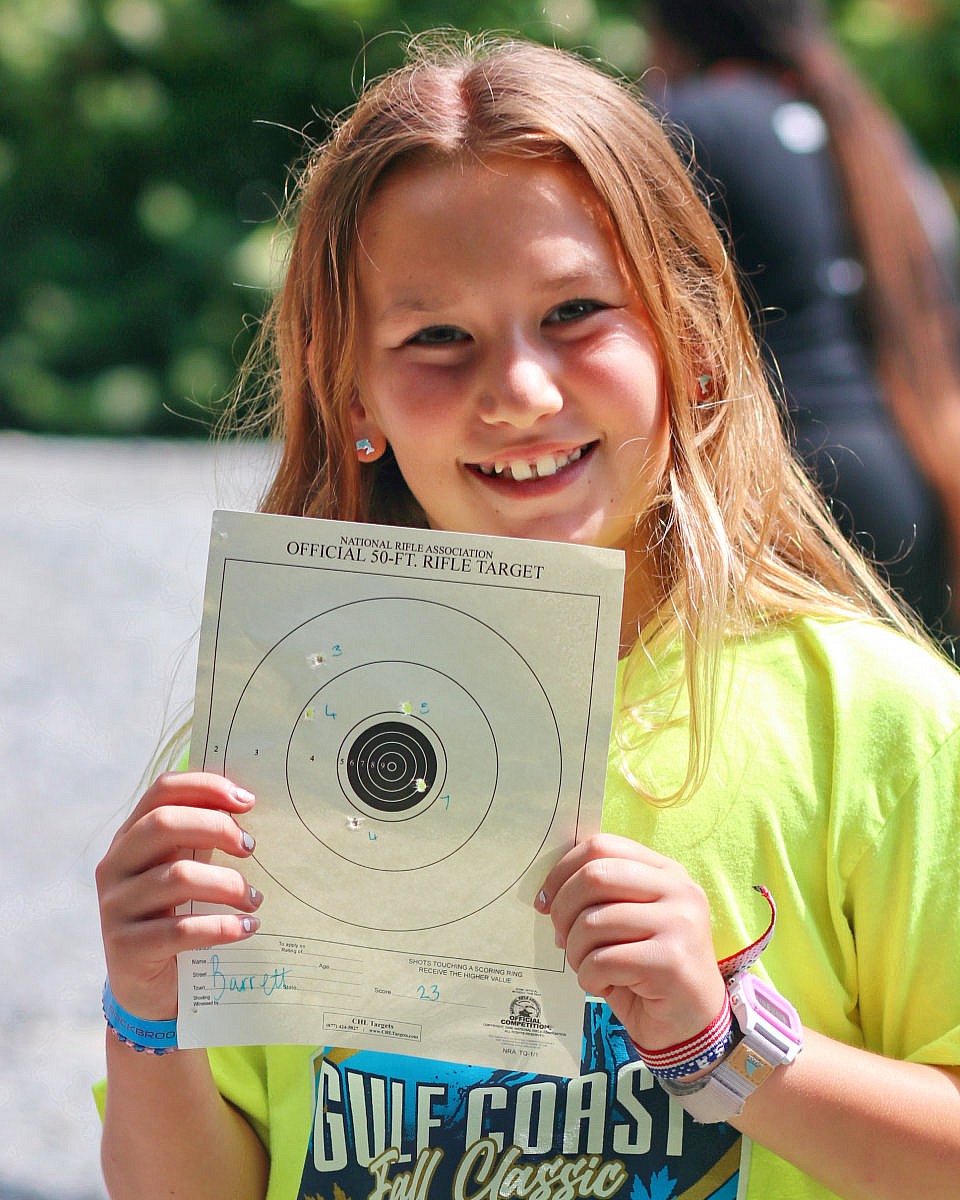
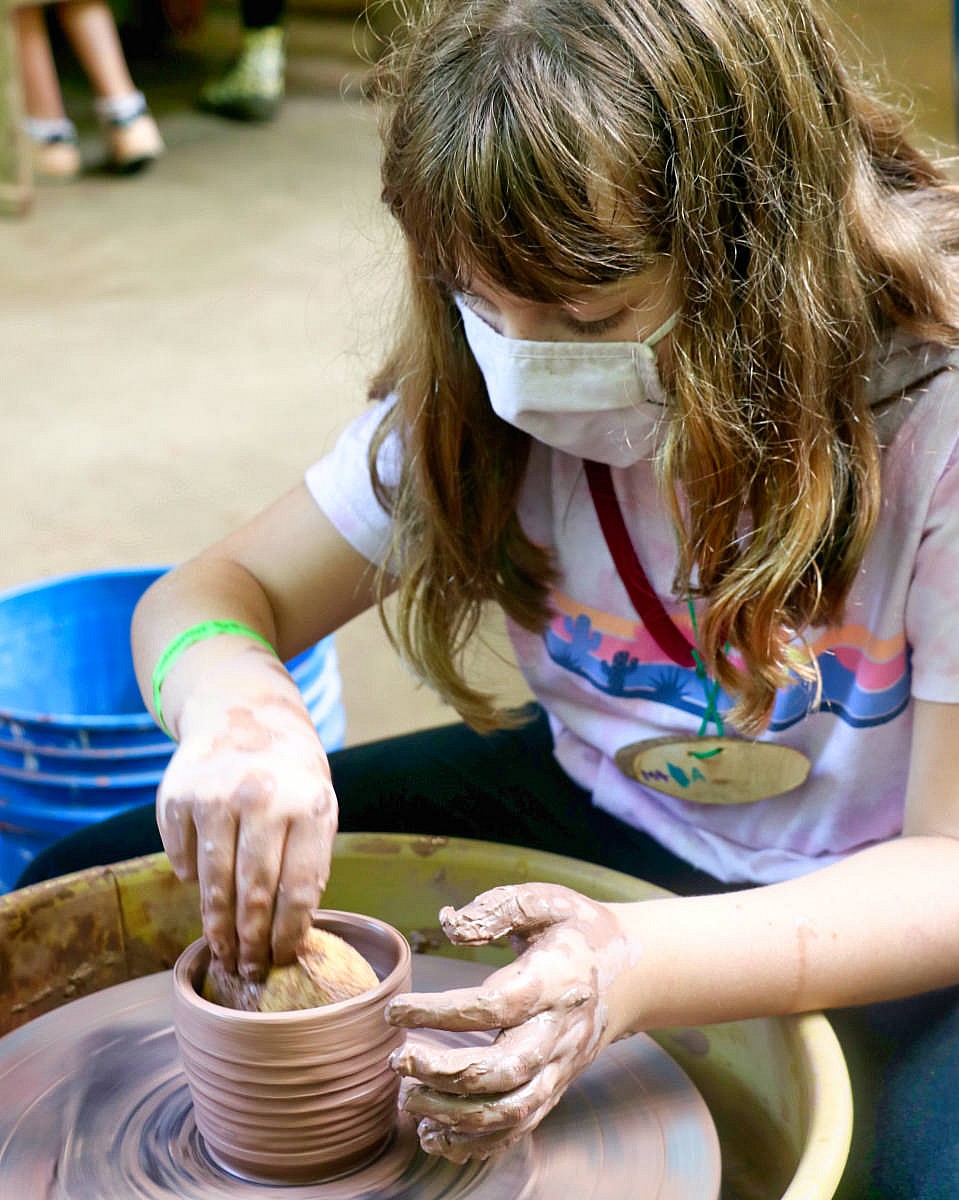
But to complete the phrase— “Be kind, Be silly, Be brave” —what can we say about camp teaching kids to be brave? How does camp inspire children to develop courage?
Most explicitly, we are encouraging our kids to be brave simply by sending them to camp. We’re placing them in a new environment where they are, on their own, doing new things. It takes courage for a child to leave the safety and familiarity of home, mom’s food, comfortable private spaces, and nowadays for teenagers, the security of their personal smartphones. Camp is so utterly different from life at home, it’s by definition challenging and can easily be uncertain and scary. There are bound to be social challenges at camp too, lots of unfamiliar people to encounter and learn to be friends with. But at camp, all of this is completely normal, expected and encouraged. It’s supposed to be different from home in these ways; and that’s what makes it great!
Simply being here proves to girls, they can do it. Even when they are feeling scared, they can overcome challenges on their own. They can makes friends even when they don’t know anyone. They can try that homemade quinoa salad (it might be good!). They can entertain themselves by being creative even without their smartphones. They can share a room with nine other people, help clean up common spaces, and be interested in how other people are doing. They can sign up for a painting class even if they’re a little afraid they’re “no good at art.” They can let themselves be silly performing a skit in front of 100 people. Kids are courageous by simply being at camp. They prove their bravery by living their camp life.
This is also true with respect to many of the activities at camp. They take courage just to give them a try! Take rock climbing. Not only is it physically demanding to pull yourself up a steep rock face using just your feet and fingers, it’s scary to be up that high in the air. You have to be brave to overpower your fear of heights with concentration and determination. We can point to whitewater kayaking in a similar way. It takes nerve to strap into a tiny boat, and using just your skills and a paddle, face the power of moving whitewater. The risk of capsizing is constant, but here too, camp girls are facing it bravely. Every adventure activity requires courage since the outcome always includes some degree of uncertainty. Through these activities girls learn to tap into their courageous spirit when needed.
The art activities at camp teach another important lesson about courage. The girls learn that being “perfect” is not the goal, that “messing up” is OK because what’s most important is the process of doing. Art at camp is done for “the fun of it,” for the joy of creative expression, and for the guaranteed novelty of the experience. There’s really no way to “fail,” so camp art projects do wonders to lessen any “fear of failure” a child might harbor. It still takes courage to pick up a paint brush, since again, there’s no telling how your efforts to paint will turn out. But making that decision to try is the most important step.
It’s also important that camp is a place where children make their own decisions. Throughout their day, they are faced with choices, and after considering what different options entail, live with the consequences of what they decide. This agency is truly empowering and a great source of self confidence. Making decisions independently, and having them turn out fine, gives kids real life evidence that even in times of uncertainty, they can be brave and make a choice. They can lean in rather than shy away. Choosing what activities to take, weighing how to spend their free time, deciding to stand up for themselves in a difficult social encounter, making the leap to help someone, consciously just taking care of things— these are all camp experiences where girls show their bravery and prove they’re powerful.
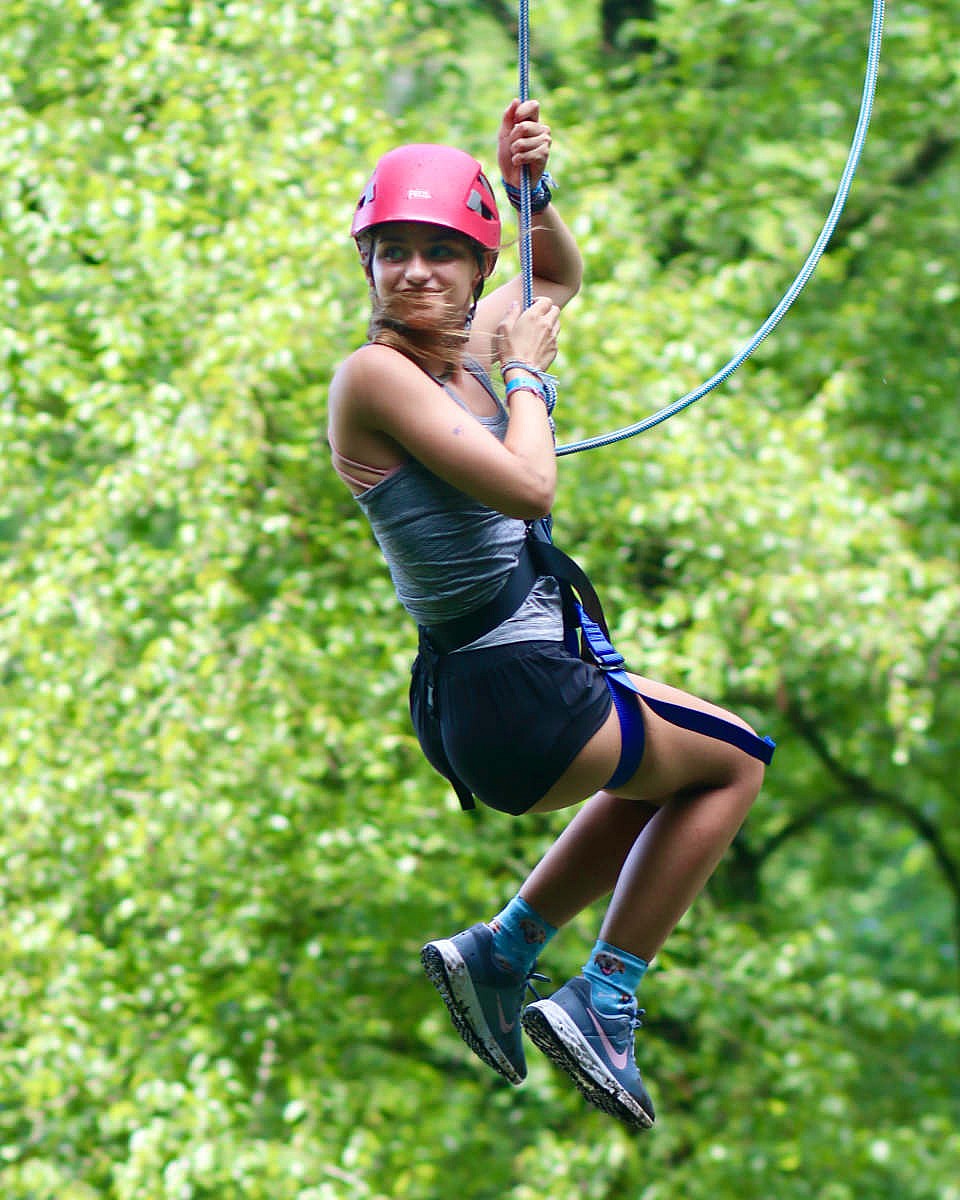
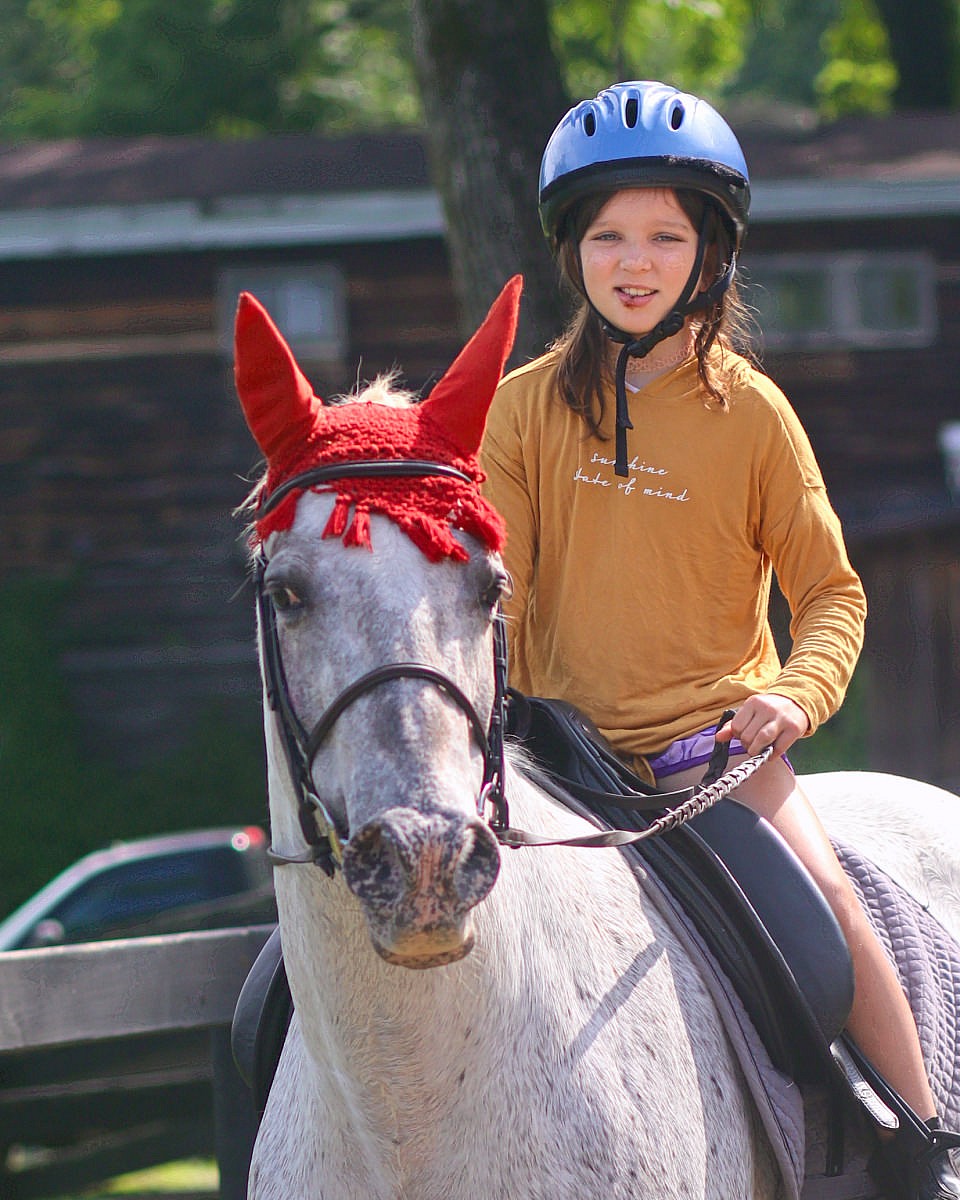
In all these ways, kids are brave at camp. Different perhaps from at home, here they find themselves in situations that require courage and still, they act. They face their fears and tackle adventure. They learn that it’s OK to make mistakes and try again. They make countless decisions for themselves moving through a complex social landscape.
So what is it about camp that helps kids do all this? Yes, they’re acting bravely while here, but what’s special about camp life that gives them this nerve?
Here again, I think we can point to the camp community and its values as the source of this power to inspire bravery. It starts with a very explicit ethic to be nice, to be friendly, supportive and accepting. Rockbrook is also a place free from competition, and instead champions enthusiastic cooperation, genuine communication and joyful participation. Essentially, the camp community stands behind everyone here making the consequences of being brave (of doing uncertain things) less worrisome. There’s less to be afraid of when we’re not competing, when creativity is valued over perfection, and when we have friends by our side. Kids are brave at camp because we’re all being brave together, proving to each other that everything’s fine.
But when this kind of community support is missing, as it tends to be outside of camp, it’s of course more difficult to be brave. There’s simply more trepidation in the real world of competition, prejudice, and pressures to perform. Our hope though is that, like the camper who told me she’s more courageous right after camp, all of your girls too will have strengthened their nerve while they’re at Rockbrook. We hope they’ll remember all the new things they’ve accomplished, all the challenges they’ve overcome, and all the decisions they’ve made successfully— all on their own, independently from their parents. Seeing your girls be this brave at camp, you’d be very proud. Seeing their courage at home, even more so.

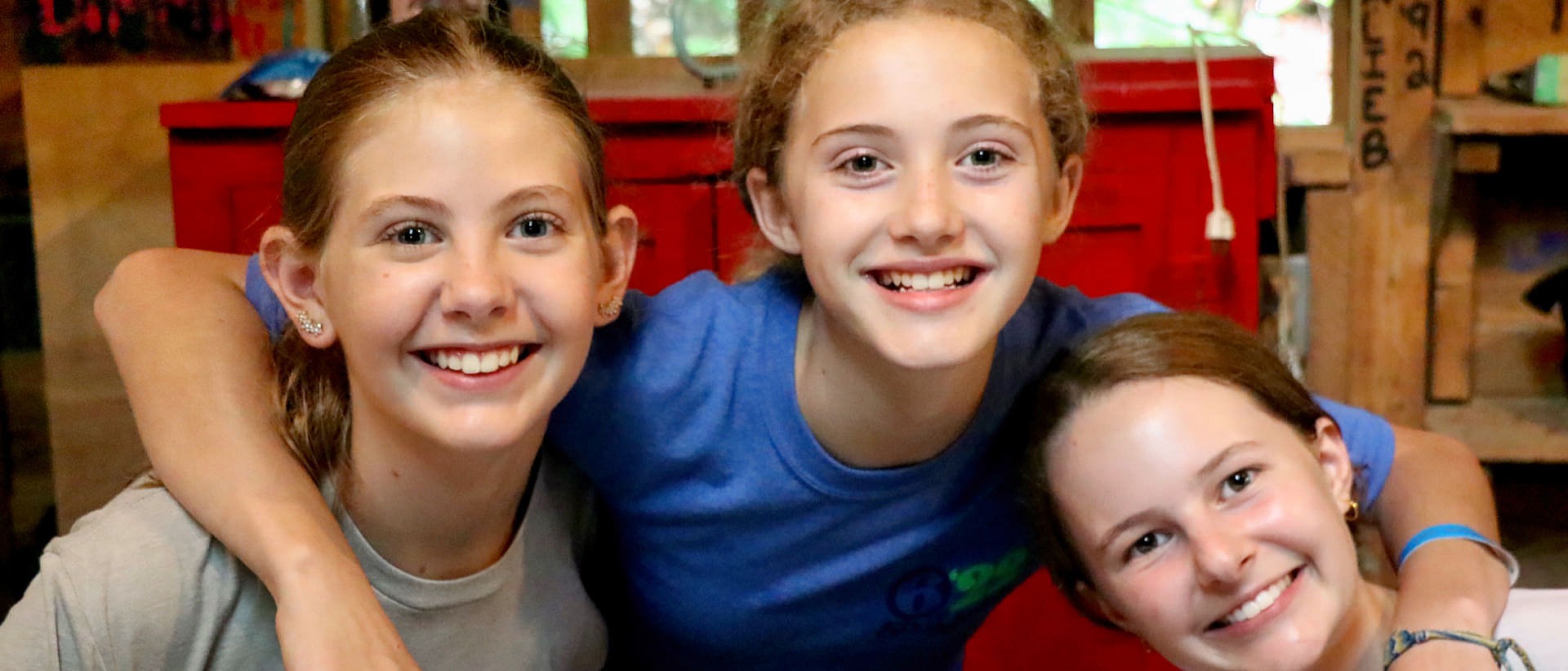
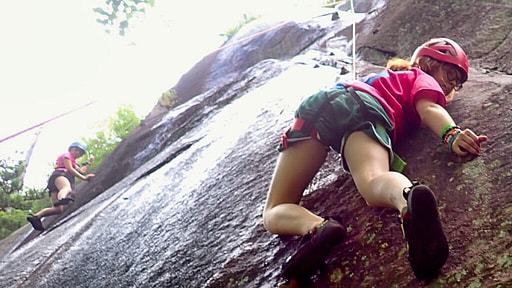
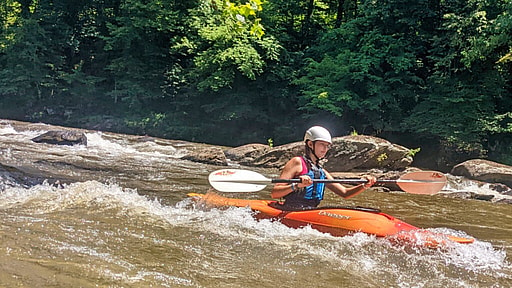
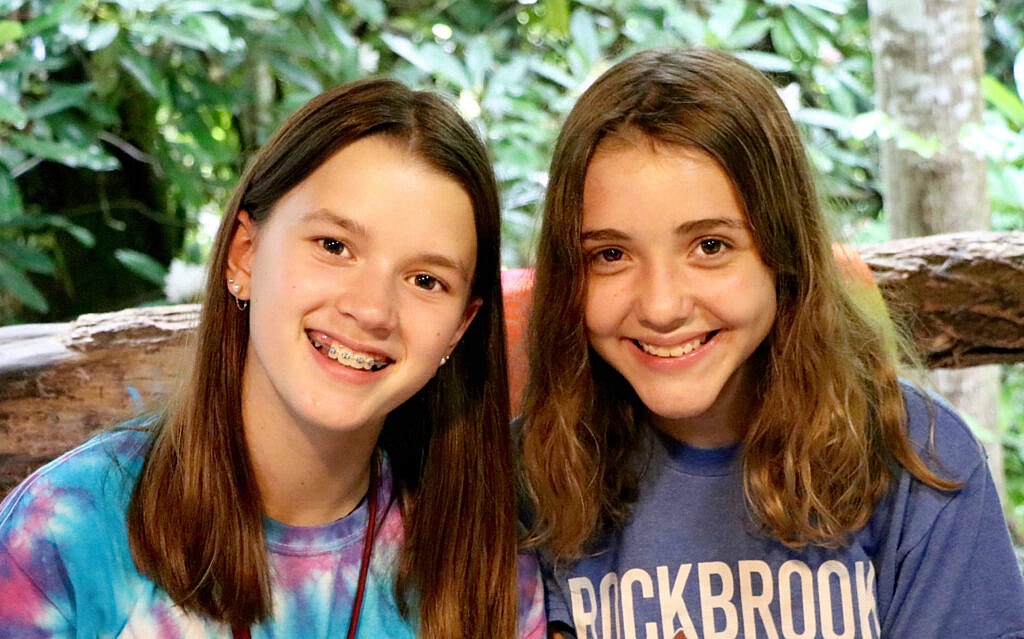
0 Comments
Comment section